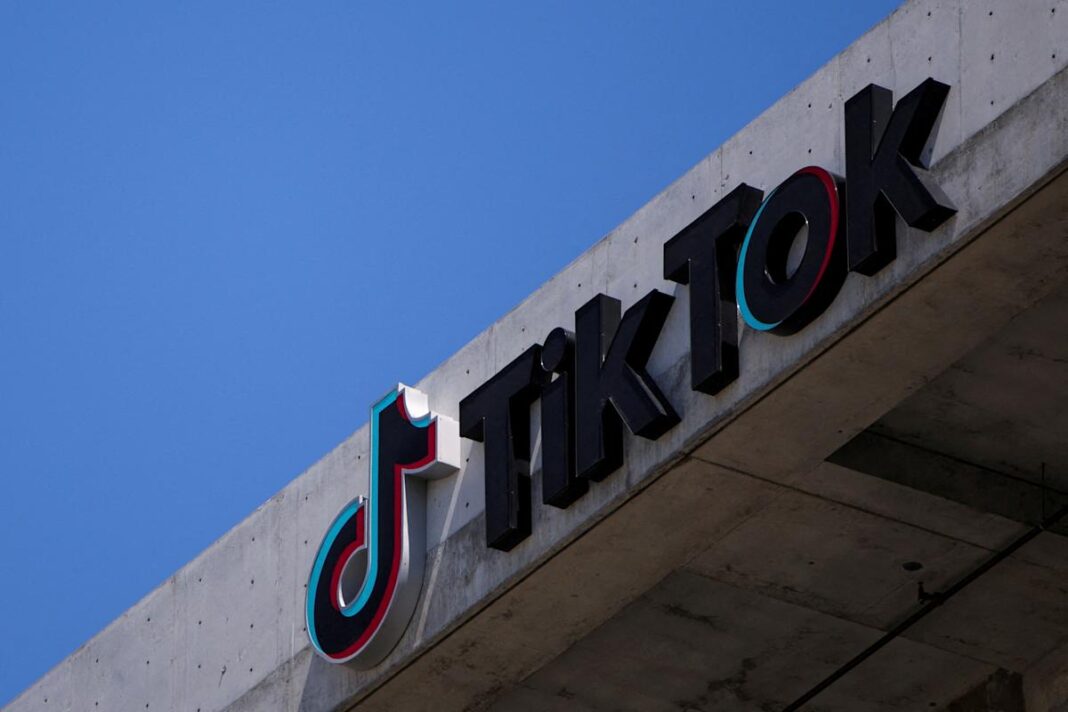The High-Stakes Call: Trump and Xi Jinping Focusing on TikTok Deal
In a notable diplomatic move, President Donald Trump and Chinese President Xi Jinping are set to discuss a crucial agreement aimed at preserving TikTok’s presence in the United States. This discussion, scheduled for Friday morning, reflects ongoing high-stakes negotiations amid tense trade relations between the two economic superpowers. Given the prominence of TikTok in both American culture and the digital economy, the outcome of this conversation could significantly ease current tensions in trade discussions.
What’s on the Agenda?
Officials from the U.S. have indicated that the TikTok deal tops the agenda for the call. While China has not yet confirmed the specifics of the call, many experts anticipate that this conversation may pave the way for a potential in-person summit between Trump and Xi in November. Such a summit could represent a turning point in U.S.-China relations, particularly concerning trade policies and digital commerce.
Background on Trade Tensions
For months, the U.S. and China have been embroiled in a complicated trade standoff, where tariffs have become a key weapon in the negotiations. Just recently, China dropped a protracted antitrust investigation into Google amid these exchanges. This decision showcases Beijing’s strategic approach to retain leverage as negotiations unfold over TikTok and other contentious issues.
Treasury Secretary Scott Bessent, who has been actively engaged in talks with Chinese trade representatives, expressed optimism about nearing a trade deal. With reciprocal tariffs scheduled to take effect in November, both nations are under pressure to arrive at a resolution before these tariffs can drastically affect economic dynamics.
The Broader Economic Landscape
In the backdrop of these trade talks, various business sectors are reacting to changes prompted by U.S. tariffs. For instance, British pharmaceutical giant GSK announced a monumental $30 billion investment in the U.S. over the next five years. This investment comes at a time when Trump threatens to impose additional tariffs, pushing companies to adapt their business strategies to mitigate potential financial impact.
Moreover, tensions are manifesting in the agricultural sector, as China hasn’t imported any U.S. soybeans at the beginning of the current export season, marking a significant departure from previous years. Analysts note this move could be a strategic attempt by Beijing to exert pressure in the ongoing trade fight.
Implications for U.S.-China Relations
The decisions made in this context are not merely trade-related; they carry profound implications for both countries’ relations moving forward. The decision by China to drop investigations into Google reflects a tactical shift to narrow retaliatory targets, aiming to make them more impactful. It’s a clear signal that both sides are inching toward a balanced seated table rather than escalating into further conflicts.
As the week progresses, anticipation builds around the details of the proposed TikTok agreement and what it could mean for the fluid landscape of U.S.-China trade relations. Responsible actions connected to this agreement will undoubtedly reverberate throughout global economic systems, influencing policies far beyond the tech and digital landscape.
The Legislative Underpinnings
In addition to these corporate maneuvers, there are important legislative elements at play. The U.S. Supreme Court is currently reviewing a legal challenge to Trump’s tariffs, setting the stage for a resolution possibly as early as this fall. The outcome of this legal scrutiny will significantly impact the framework by which future tariffs, including those discussed with China, will be enacted.
Despite these complex layers of negotiations, stakeholders across the spectrum remain hopeful that progress can be made. The resilience of the global economy continues to be tested, but the potential for collaborative agreements remains intact as leaders strive to find a middle ground amid significant challenges.
As the landscape of economic relations continues to shift, the upcoming discussions between Trump and Xi hold the potential to catalyze further dialogue and pave the way for more cordial relations, both commercially and politically.



